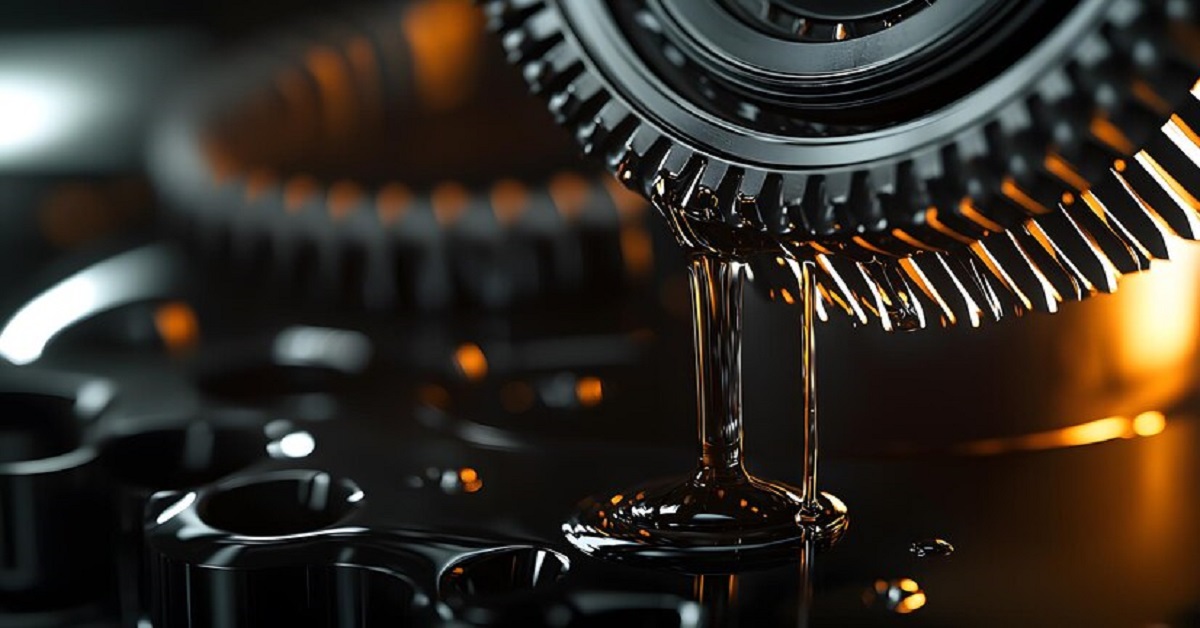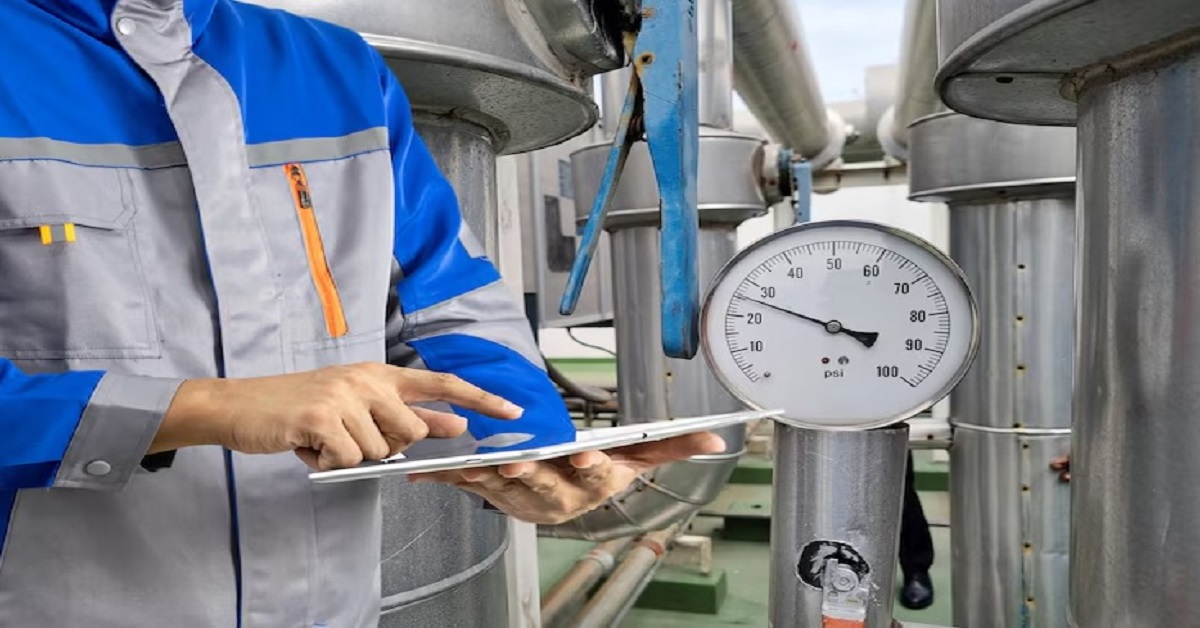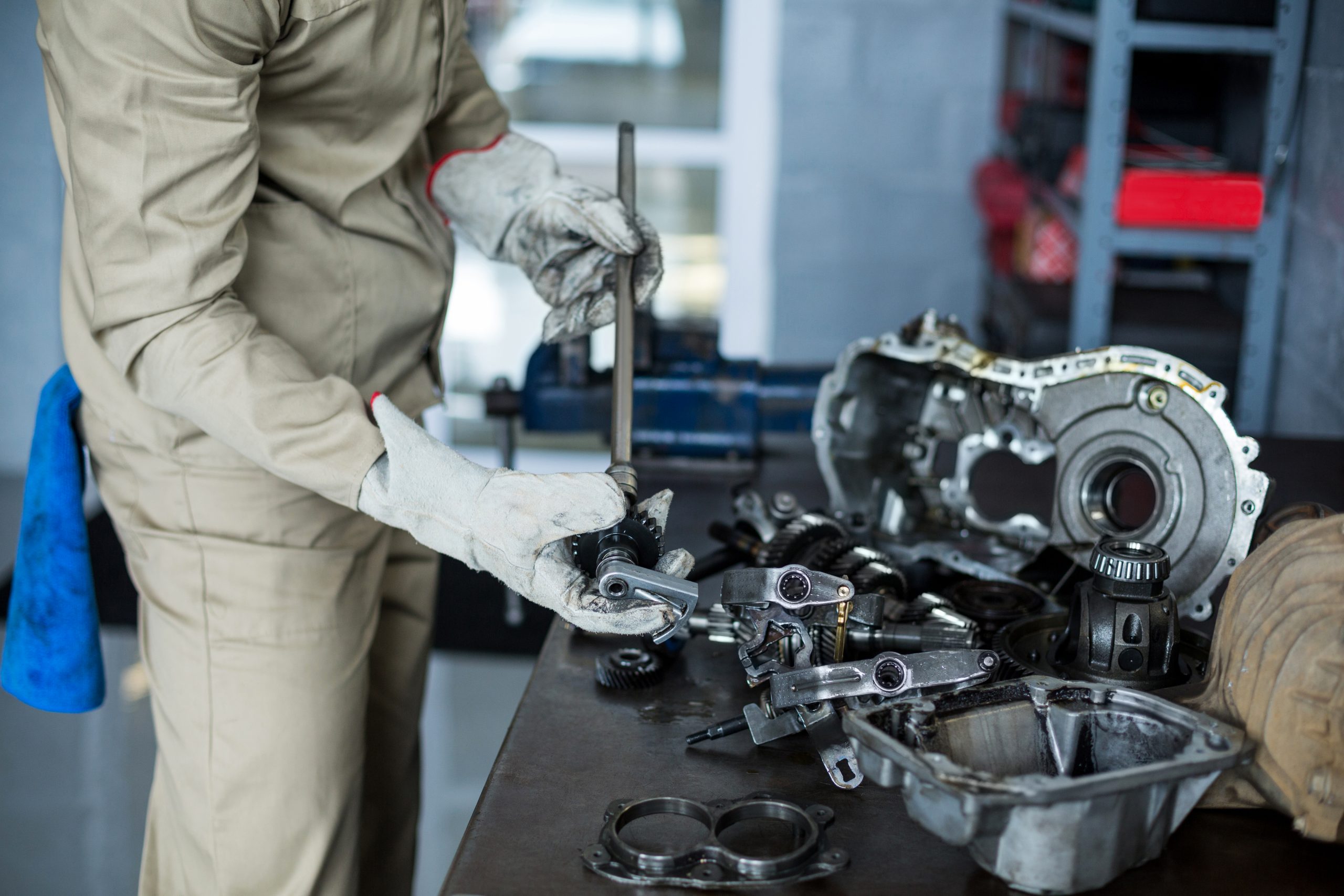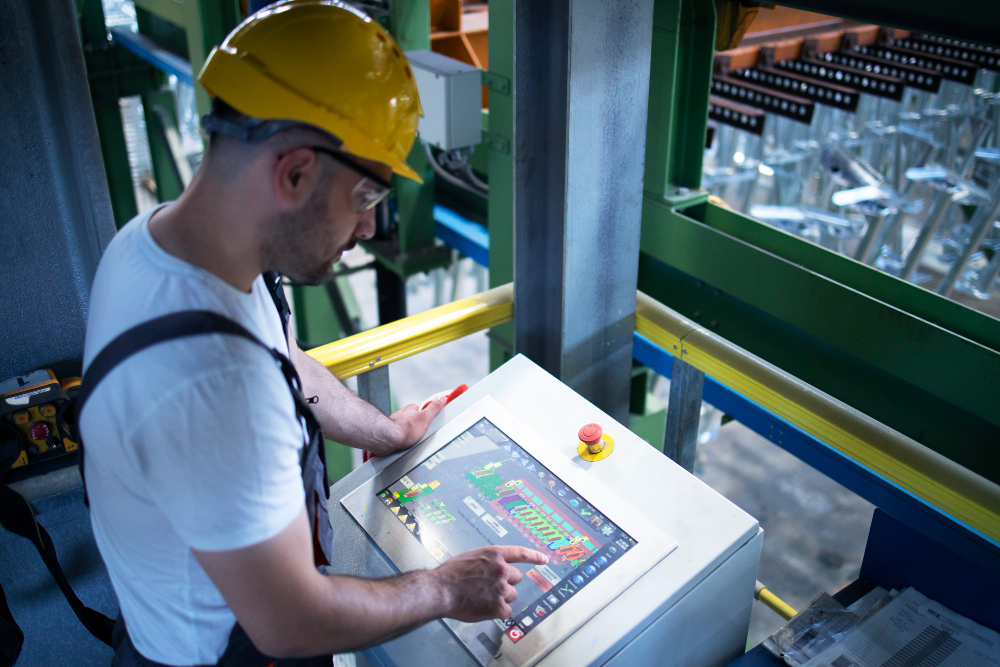In the world of machinery and equipment, lubrication is more than just applying oil or grease to moving parts. It’s a science—specifically, the science of lubrication engineering. This specialized field plays a crucial role in maintaining the efficiency, reliability, and longevity of machinery across various industries. In this article, we’ll delve into what lubrication engineering is, why it’s essential, and how it benefits industrial operations.
What is Lubrication Engineering?
Lubrication engineering is the discipline focused on the design, application, and management of lubricants to ensure the optimal performance of machinery. This field involves selecting the right type of lubricant for specific applications, understanding how lubricants interact with machine components, and devising strategies to minimize wear and friction.
The goal of lubrication engineering is to reduce the mechanical wear that can lead to equipment failure, downtime, and costly repairs. By applying scientific principles and specialized knowledge, lubrication engineers ensure that machines operate smoothly, efficiently, and with minimal interruption.
Why is Lubrication Engineering Important?
- Reduction of Wear and Tear: One of the primary functions of lubrication is to reduce friction between moving parts. Lubrication engineering ensures that the correct lubricant is used in the right amount, preventing excessive wear and tear on components. This prolongs the lifespan of machinery and reduces the frequency of part replacements.
- Enhanced Equipment Efficiency: Proper lubrication reduces energy consumption by minimizing resistance between moving parts. When machinery operates with less friction, it requires less energy to perform its functions, leading to improved overall efficiency. Lubrication engineering optimizes this process, ensuring that machinery runs as efficiently as possible.
- Minimized Downtime: Equipment failures often result from inadequate or improper lubrication. By implementing effective lubrication strategies, lubrication engineers help prevent unexpected breakdowns and minimize downtime. This keeps production lines running smoothly and reduces the impact on business operations.
- Cost Savings: While the upfront cost of high-quality lubricants and professional lubrication services might seem significant, the long-term savings are substantial. Proper lubrication reduces the need for frequent repairs, lowers energy costs, and extends the life of machinery. These factors contribute to significant cost savings over time.
- Improved Safety: Machinery that operates without adequate lubrication can become dangerous. Excessive friction can lead to overheating, part failure, or even fires. Lubrication engineering helps ensure that machines run safely, protecting both the equipment and the people who operate it.
The Role of a Lubrication Engineer
Lubrication engineers are responsible for designing and implementing lubrication systems that meet the specific needs of various machines. Their role includes:
- Selecting the Right Lubricants: Different machines and environments require different types of lubricants. A lubrication engineer selects lubricants based on factors such as temperature, load, speed, and environmental conditions. They must consider whether a lubricant needs to be resistant to water, capable of withstanding extreme temperatures, or suitable for high-speed applications.
- Developing Lubrication Schedules: Machines need to be lubricated at regular intervals to maintain optimal performance. Lubrication engineers develop lubrication schedules that ensure machines receive the right amount of lubricant at the right time. These schedules are based on the specific needs of each machine and are designed to prevent over-lubrication or under-lubrication.
- Monitoring Lubricant Performance: Lubrication engineers also monitor the performance of lubricants over time. They analyze lubricant samples to detect signs of contamination, degradation, or other issues that could affect machinery performance. By regularly assessing lubricant quality, engineers can adjust lubrication strategies as needed to maintain peak efficiency.
- Troubleshooting and Problem Solving: When machinery experiences lubrication-related issues, lubrication engineers are responsible for diagnosing and resolving the problem. This might involve investigating the cause of a lubricant leak, addressing lubricant contamination, or recommending changes to the lubrication system.
Applications of Lubrication Engineering
Lubrication engineering is applicable across a wide range of industries, including:
- Manufacturing: In manufacturing plants, lubrication engineers ensure that machinery such as conveyors, presses, and cutting tools are properly lubricated to maintain production efficiency and product quality.
- Automotive: In the automotive industry, lubrication engineers play a key role in the design and maintenance of engines, transmissions, and other components. Proper lubrication is critical to vehicle performance and longevity.
- Energy: Power generation facilities rely on lubrication engineering to keep turbines, generators, and other equipment running smoothly. Proper lubrication is essential for maintaining energy output and preventing costly shutdowns.
- Mining: The harsh conditions of the mining industry require specialized lubrication solutions. Lubrication engineers develop systems that protect heavy machinery from wear and contamination, ensuring continuous operation in challenging environments.
- Aerospace: In aerospace applications, where precision and reliability are paramount, lubrication engineering is crucial. Engineers must select lubricants that perform well under extreme conditions, such as high altitudes and varying temperatures.
Best Practices in Lubrication Engineering
- Regular Lubricant Analysis: Regular analysis of lubricant samples can help detect issues before they become serious problems. This proactive approach allows for timely adjustments and prevents equipment failure.
- Continuous Monitoring: Implementing systems that continuously monitor lubrication levels and quality can help ensure that machinery is always properly lubricated. This reduces the risk of human error and improves overall reliability.
- Training and Education: Ensuring that maintenance teams are properly trained in lubrication best practices is essential. Lubrication engineers should provide ongoing education to staff to ensure they understand the importance of proper lubrication and how to apply it correctly.
- Use of High-Quality Lubricants: Investing in high-quality lubricants may have a higher upfront cost, but it pays off in the long run. High-quality lubricants are more effective at reducing friction and wear, leading to better machine performance and longer equipment life.
Conclusion
Lubrication engineering is a critical component of modern industry, playing a key role in maintaining machinery efficiency, reducing costs, and ensuring safety. By applying scientific principles to the selection, application, and management of lubricants, lubrication engineers help businesses keep their equipment running smoothly and efficiently.
As industries continue to evolve and machinery becomes more complex, the importance of lubrication engineering will only grow. Investing in professional lubrication engineering services can lead to significant long-term benefits, from reduced downtime and maintenance costs to improved safety and equipment longevity. Whether you’re in manufacturing, automotive, energy, or any other industry that relies on machinery, lubrication engineering is an essential part of keeping your operations running at their best.




